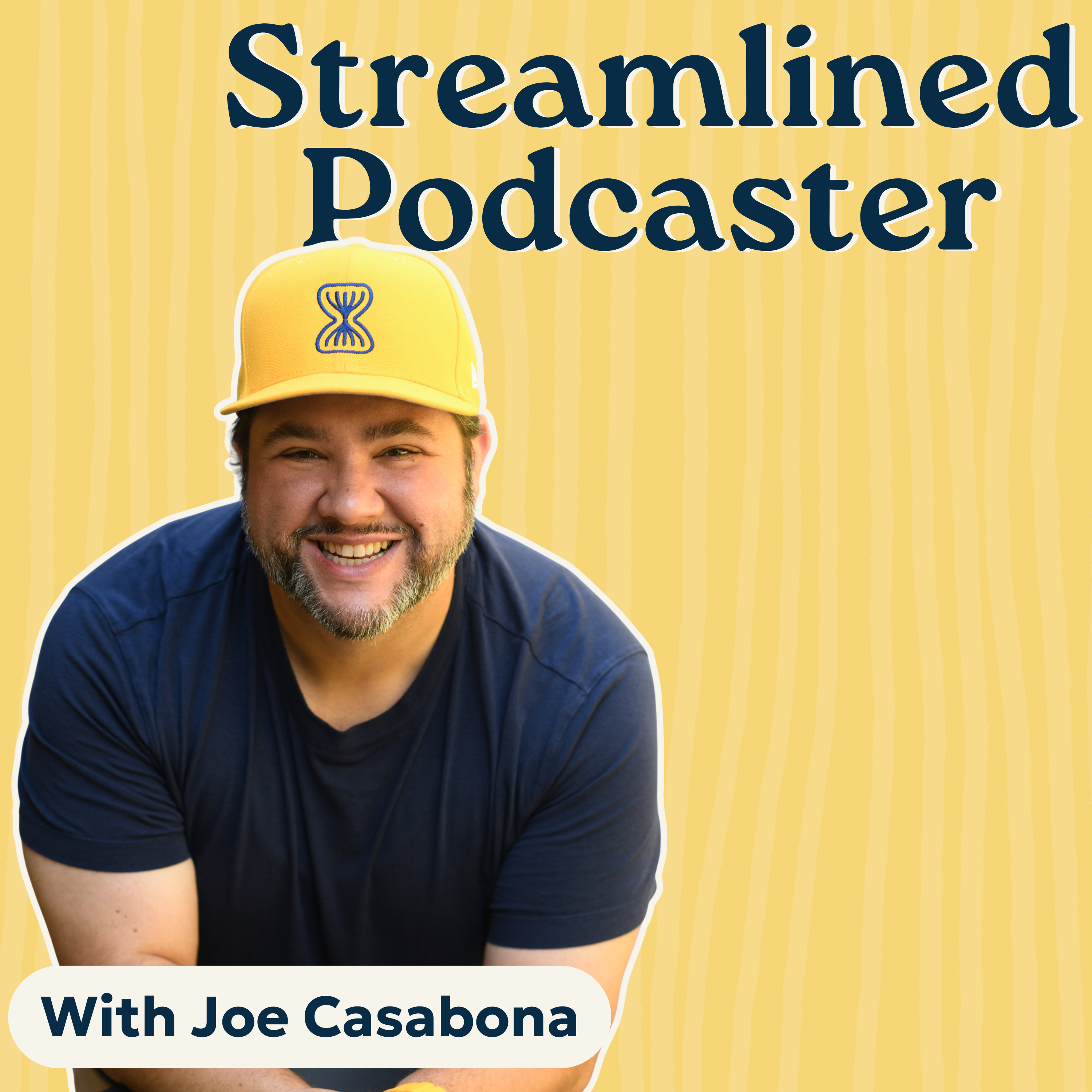
Podcasting Made Simple
Podcasting Made Simple is the premier podcast about podcasting! We’re here to help podcast guests and podcast hosts reach more listeners and grow their income so they can change more lives! Join Alex Sanfilippo and other podcasting industry experts as they share how you can level up on either side of the mic! (Show notes and resources: https://PodMatch.com/episodes)
Podcasting Made Simple
How Small Podcasts Can Land Big Sponsors | Lindsey Epperly
Many podcasters stress about securing sponsorship because they believe they must first reach a certain threshold of downloads. The truth is you don't need to wait! You can land your ideal sponsor before reaching any substantial podcasting milestones. In this episode, Lindsey Epperly challenges the misconception that landing sponsors require big numbers and a long-term track record. Instead, Lindsey shares how building win/win/win relationships is the key. Get ready to start landing ideal sponsors for your podcast regardless of your downloads!
MORE ON THIS EPISODE: HTTPS://PODMATCH.COM/EP/291
Chapters
00:00 Introduction and Personal Experience
00:55 Applying the Entrepreneurial Mindset to Podcast Sponsorships
03:18 Creating a Business Plan for Your Podcast
04:40 Securing Founding Members as Sponsors
05:08 Identifying Win-Win-Win Relationships for Sponsorships
08:50 Asking for Investment Ahead of Growth
12:00 Taking Control of Your Podcast Trajectory
Takeaways
- Craft a strong value and vision proposition for your podcast to attract sponsors.
- Identify win-win-win relationships that benefit your listeners, sponsors, and yourself.
- Create a business plan for your podcast to define the value you bring and how you will be compensated.
- Analyze your competitors to understand how you can stand out in the marketplace.
- Be confident in asking for investment ahead of growth and be open to learning and adapting your pitch.
- Overcome imposter syndrome and believe in the value you add to potential sponsors.
MORE ON THIS EPISODE: HTTPS://PODMATCH.COM/EP/291
PodMatch has officially launched a podcast network for independent interview-based podcasts! To apply to be part of the network, please visit https://PodMatch.com/network and press the "Join Network" button in the top center of the screen. While you're there, be sure to check out some of the incredible shows in the network!
You're listening to Podcasting Made Simple. When I was 20 years old, I walked into an entrepreneurship competition without a whole lot going for me. I was the only one in the room dressed in a skirt because I was the only girl in the room and I had failed the only business class I'd ever taken. But I was not going to let either of those facts stop me from putting my idea into the world. After all, I came with a plan. I had a business and marketing plan to prove the potential of the company that I wanted to build. And the judges that I pitched to believed in the vision so much that they gave me a second place award, which, hey, for someone that failed her only business class, I'll take it. That gave me the confidence to keep going. And through this, I learned a really important lesson. The right partners are willing to invest in you ahead of growth. My name is Lindsay Uprilley, and I am here to share that that same logic can be applied toward podcasting sponsorships for your show. This is exactly how I was able to fund my own podcast before we even started production or gained our very first listener. In a world where wait and see is very much the norm, we are about to flip the script because today we're talking about taking the entrepreneurial mindset and applying it to your show so that we can rethink what it means to be sponsor worthy. Now this strategy can work for you no matter what stage you're at in the podcasting process, even if you've already launched a show. The strategy is threefold. First, crafting a strong value and vision proposition. Second, identifying your win -win -win relationships. And third, asking for the investment ahead of your growth. So let's dive right into this idea of casting your vision and believing in your value. Remember, you are asking sponsors to invest in your potential growth, and this starts with your own mindset. You have to believe in the value you are bringing to the table. That's not just a pie in the sky motivational idea. It's actually strategically imperative for you to believe in the content you're asking for sponsorship for. And that feels like it should be obvious, but you would be shocked how frequently an ask is placed without the consideration of why someone should invest ahead of your growth. So what does that practically look like? And what steps can you take in this part of the process? First, if you haven't already, let's create a business plan around your podcast because it is a business. If you haven't been looking at it as one so far, now is very much the time to start. I mean, at its most basic, a business plan defines what is the value you bring to your client, how can you plan on delivering that value, and how will you be compensated for it? And if you need further convincing that what you're creating is a business, let's look at it this way. You're trying to sell a sponsorship, right? What you're selling has to solve someone else's problem for them to spend their hard -earned money with you. Your business plan will answer what problem of theirs that you are solving. When it comes to sponsorships, that problem is typically, I'm looking to spend my money toward reaching a very specific demographic. So this plan will tell your potential sponsors why your show will be the one to help them solve their problem. Make sure you are using language like will be because you're casting the vision. Don't soften that and say things like I'd like for this too. This is not about dreaming. This is planning. And at the end of the day, a business plan is nothing but the end result of you sitting down and deciding what the idea in your head looks like in real life. So this idea is simple in concept, but difficult to answer. This kind of deep thinking is exactly what will set you apart from the thousands of individuals who begin podcasting without a plan to succeed. To inspire confidence in your potential sponsors, it's crucial to illustrate how your podcast stands out even in its early stages. Any good business plan includes a competitive set. Gather that data to show how others in this field are doing. Go ahead and identify your top. two to three competitors and run an analysis based off of anything you can find online. Spend some time on their websites and listening to their shows. What are their strengths? What are their weaknesses? Are you able to fill the gap in the areas that they have shortcomings? Look for opportunities against the competition so that when you explain why sponsors should invest toward your audience, you know how you stand out in the marketplace. One other thing you can do here is give your sponsors the opportunity to be founding members of the show. Even if you already have a podcast that's been launched, it's not too late to do this. If you haven't secured sponsorship in the past, then this is a new chapter where you very well can secure founding members as sponsors. Provide them with an extra value add to kind of sweeten the deal. This doesn't mean giving away an equity stake or anything like that. This is simply letting others know that I see you for being an early believer in me. Maybe that's an additional ad space in a future season, like a buy one, get one that's only offered to founding members. Maybe it's early access to all of your show updates, something that just makes them feel additionally valued as your early stage investors. Remember, you want to present a compelling case for sponsors to invest in the untapped potential of your podcast. Next, we're going to talk about crafting and leveraging win -win -win relationships, which I place a lot of emphasis on because these allow for all stakeholders to be accounted for. And I would encourage you to do the same as you consider your potential sponsors. So... What scenarios allow your listeners to win, your sponsors to win, and for you to win? If you're already an entrepreneur with an established business, this does give you a leg up as you're able to make the decision on what levers essentially to pull here. But even if you don't have your own business, I still believe there are avenues of using your podcast in this way. The key is to think about your network, including your day job, and who would benefit from the audience that you are building. So I'm gonna give you an example of how loosely this through line can be using a scenario. So say you are involved in a service-based business or an agency, like a marketing company, maybe you work for a wedding planner. Today I'm going to use the example of a travel agency as a specific example here. So now you've watched a show that's about professional development. Well, what does that have to do with travel and why would it be a win -win -win for all stakeholders? Perhaps, Your initial audience is comprised of the very people in your company and industry. So go -getters who are hyper -focused on holistically pouring into their own professional development. So the content of your show helps them achieve their goals, just like knowing about a new supplier would help them level up their business plans. So if every episode of yours featured an ad from a partner from that travel agency, well, then the listener's actually benefiting and that's adding value to them. You're not just taking the money from a sponsor that doesn't add value to the listeners. they're getting something out of it as well. That makes it a win. So let's take this a step further. You've probably taken the time to identify your ideal client at the company you work for or own. So is there any crossover here from that individual to the types of listeners that you are catering to? In my example, that travel agency serves a lot of busy professionals. This means that with the podcast topic of professional development, you are now expanding beyond the walls of your industry to reach more potential clients. who maybe have never heard of your company unless they tuned in for the purpose of professional development. So this would make for an easy decision for the company you work for to be an initial sponsor because they could benefit from reaching those listeners during an ad spot. So in this way, now another stakeholder, the business itself can win by gaining visibility and reach to your potential clients and listeners. So finally, at this company, at any company that you're involved in, take a look at the supplier partnerships that you're already working in. Do any of them have B2C components? If so, it's likely they have a marketing budget that goes toward reaching an end consumer. So now you can provide them a way to reach their goals by giving them an opportunity to sponsor ad space that will not only reach their end client, but remember, we're talking to the other travel professionals that are already listening. Now they're able to reach potential clients who are travel professionals that are tuning in for that professional development help. So those partners are more likely to remain top of mind for both clients and industry professionals when they advertise on your show. That is a great advantage. And this third company is yet another stakeholder who wins from participating. And this is where you are able to focus on creating a revenue stream because of the potential value the sponsorship has to help them reach their goals. So this type of approach is not just unique to this specific business model. Most companies with professional services or even tangible products can take a deeper look at their businesses and determine if there are any ways from one to three stakeholders who will benefit from the content and the reach of the show. And if so, what would they be willing to pay to be part of building that show and reaching that audience? So that's who you're going to focus on to pitch the value and the vision of what you've created thanks to the business plan we talked about earlier. Next is asking for investment ahead of growth. You have done the hard work and it's time to make to ask. Some may argue that this is actually the hardest part because of overcoming the mental hurdle of putting yourself out there. So we're going to start right there. If you are doing this right, you're probably going to experience some form of imposter syndrome along the way. It may have already creeped into your process as you did the business plan or maybe as you identified your stakeholders, but if it hasn't done so yet, it will probably rear its ugly head during the time of going for the ask. And if this is something you struggle with, I've got a resource actually on my website to help take you from imposter syndrome to inspiration. And you can use that towards your business if that's something you need. Head over to lindsayaparley .com slash resources. That is going to be necessary to help fuel your ability to separate your self -worth from the business you are creating so that you can ask for investment ahead of growth with confidence that you are bringing value to the stakeholder. So with that confidence, I recommend holding space for the humility that you are open to learning what the stakeholder needs. The way I do this is by presenting my pitch, which is not just about selling airtime, it's about painting the picture of what the listeners will feel when they hear the sponsor's ad. You want that sponsor to know that you understand your listener and that you can craft a compelling call to action. So come prepared with a visual aid. I like to use Canva. That will further back your vision and that will outline the value you're bringing to the stakeholder and kind of give them an idea of what kind of reach you're planning to achieve by way of your various marketing efforts. That gives them something hard and tangible that they can look at. And when you make the ask, be direct and confident. Ask the exact amount that you are asking for and exactly what they will get in return. Believe in that value you add. And now I want you to be prepared for all outcomes. This is where that humility, that posture of open -mindedness is going to serve you well. I will never forget the first time I pitched my podcast to a potential sponsor. It was so vulnerable, like I was handing them my dream and giving them permission to crush it. Don't do that. You are not giving anyone else permission to crush your dream. This is a learning experience. So we want you to prepare for this because when you put yourself out there, of course you do face rejection at times, but a rejection does not mean to stop pursuing your plan. A rejection is an opportunity to learn. And I like to ask any partner who may not be interested or who may be hesitant to inform me of what else they're doing with other partners that's working. What I've learned from this approach is that many of the companies that have been hesitant have actually never placed an ad with a podcast in the past. So their hesitation is tied more to what they don't know. So then let's go down the trail of asking them what is working. Do they do print ads or virtual ads? What does that look like? And then sometimes they'll share more about, well, we recently did this particular ad that included a landing page to track the return. And then you can determine, well, maybe that would work with a podcast ad too. Would that partner be willing to give it a try with you? When you approach with humility, you have the opportunity to continue working on your strategy and developing a program that can serve even more of your stakeholders. And that will lead to more revenue and visibility for your show. So the best part about this approach is really the proactivity of all of it. You're not waiting around for a massive listener base. You are taking control of your podcast trajectory by strategically planning, determining your ideal partners, and asking for that investment ahead of your growth. And doing this can make all the difference between recording a podcast in your bedroom and sounding like you're recording a podcast in your bedroom, which candidly is where I am right now, but no one needs to know that. not when you're able to follow through the strategy to gain partners that will help you bring your show to the next level. Thank you guys for your time today. I am so excited to see you take control of your show's next phase by strategically securing partners who believe in you and your show's vision and who benefit from the value you bring. For more episodes, please visit podmatch.com forward slash episodes. Thank you so much for listening.
Podcasts we love
Check out these other fine podcasts recommended by us, not an algorithm.
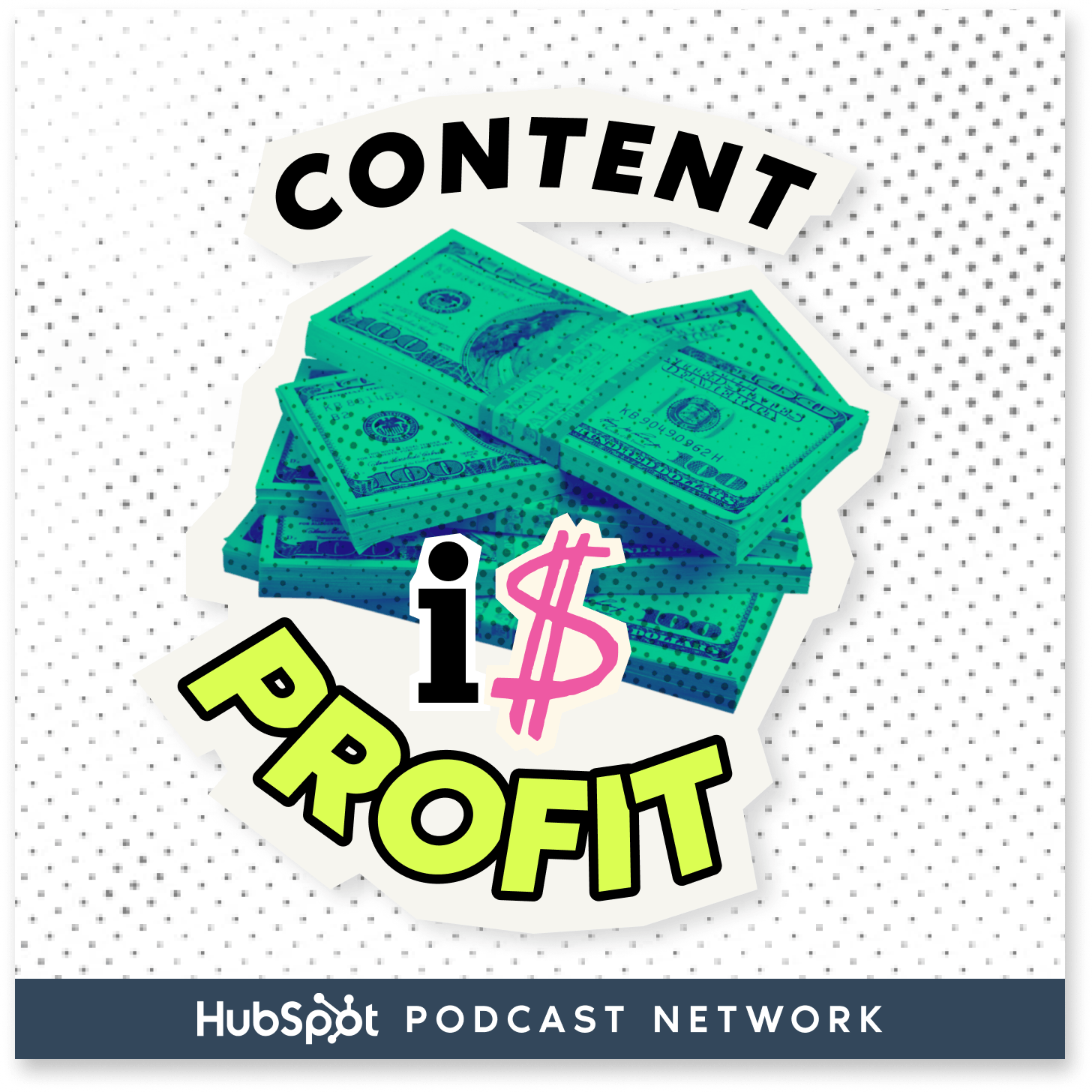
Content Is Profit
BIZBROS
Win The Content Game
Deirdre Tshien - CEO & co-founder of Capsho, AI-powered Content Marketer (the fastest way to repurpose and market your expert content)
Fastlane Founders and Legacy with Jason Barnard: Personal Branding, AI Strategies, and SEO Insights
Jason Barnard Entrepreneur and CEO of Kalicube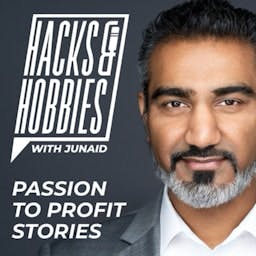
Hacks and Hobbies with Junaid Ahmed
Junaid Ahmed
I Have A Podcast by Vinnie Potestivo
Vinnie Potestivo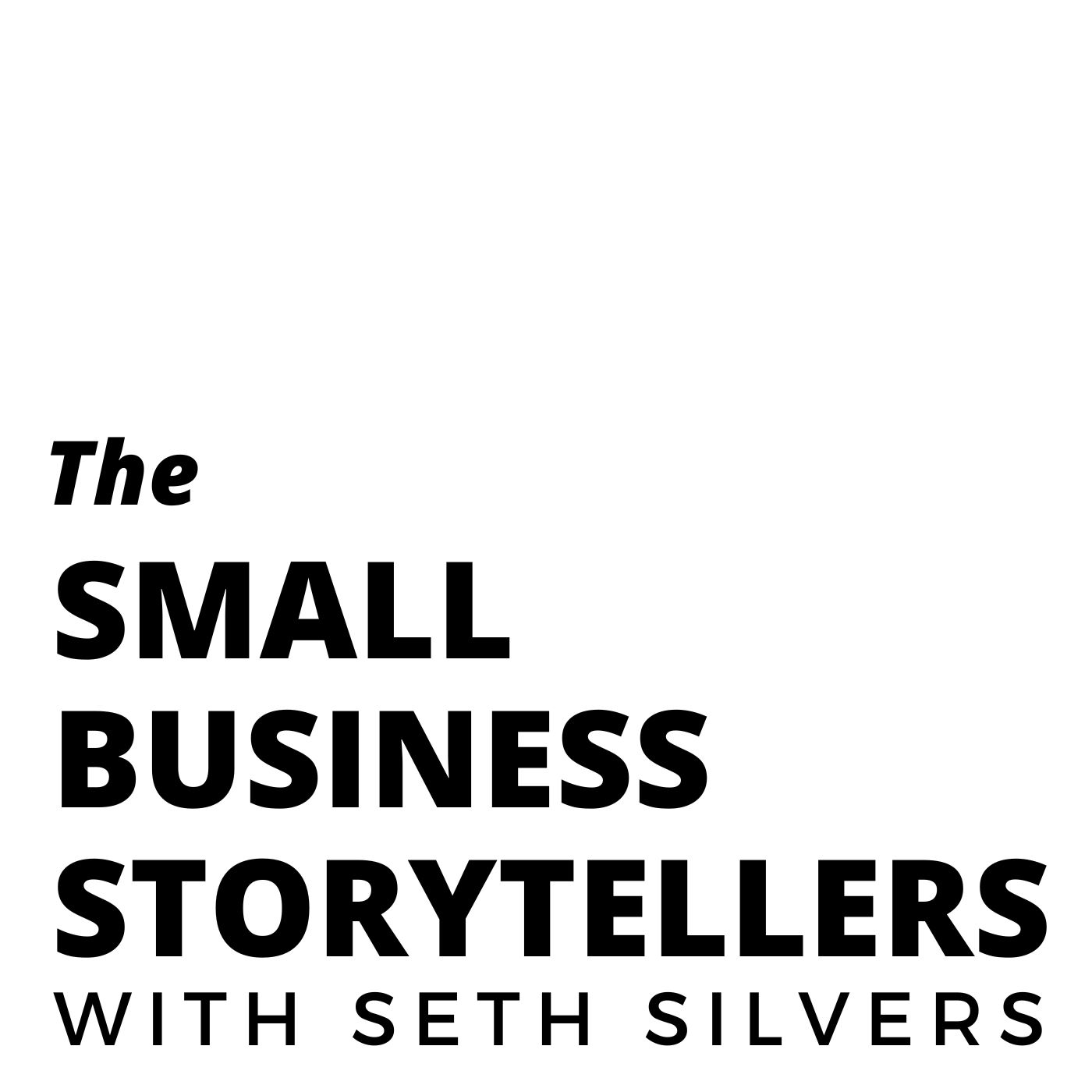
The Small Business Storytellers with Seth Silvers
Seth Silvers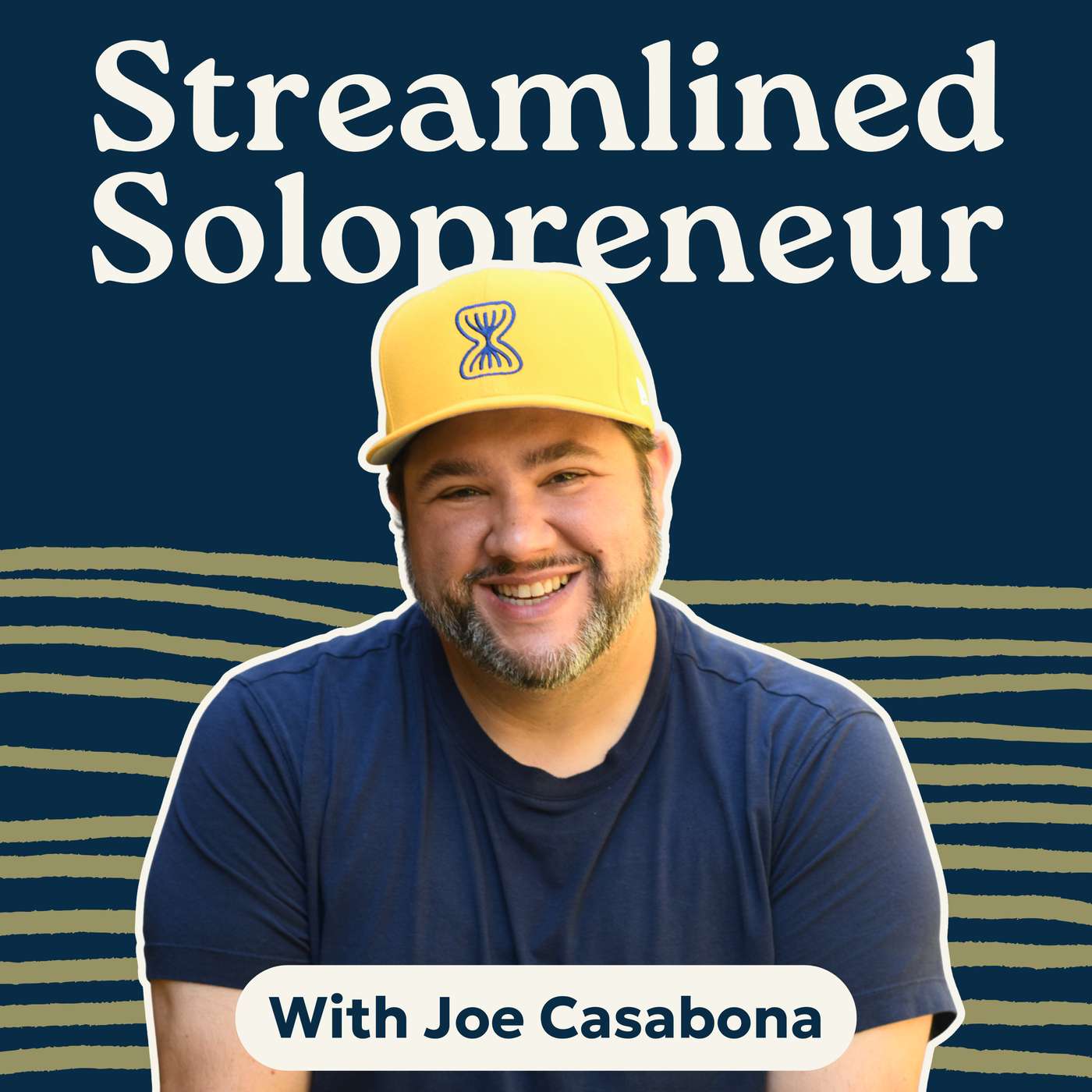
Streamlined Solopreneur: Tips to Help Small Business Owners Grow Without Burnout
Joe Casabona, Business Systems Coach
Insider Secrets to a Top 100 Podcast with Courtney Elmer | Podcasting Strategy for Business Growth
Courtney Elmer | PodLaunchHQ.comDo The Thing
Stacey Lauren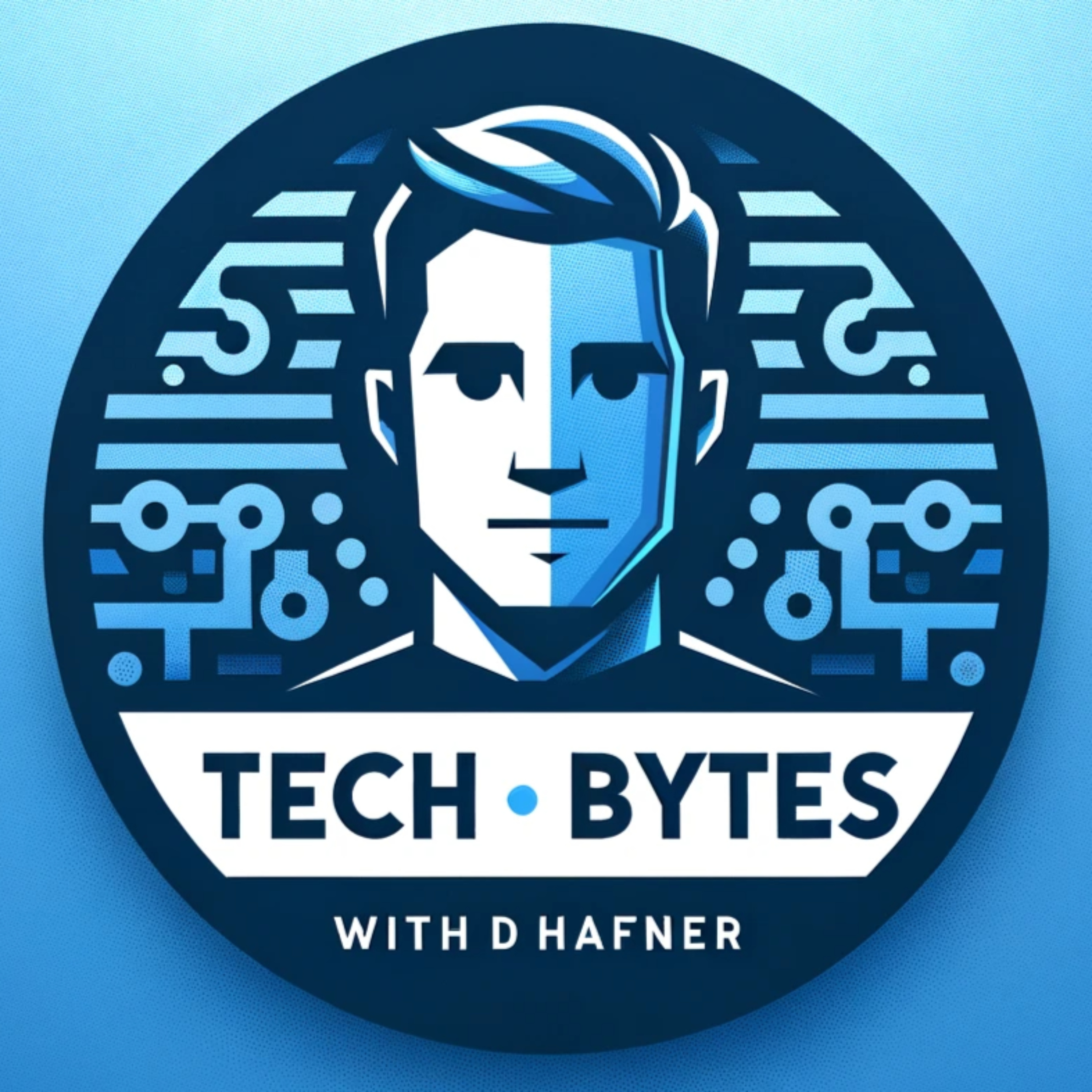
Tech Bytes - with Dan Hafner
Dan Hafner

